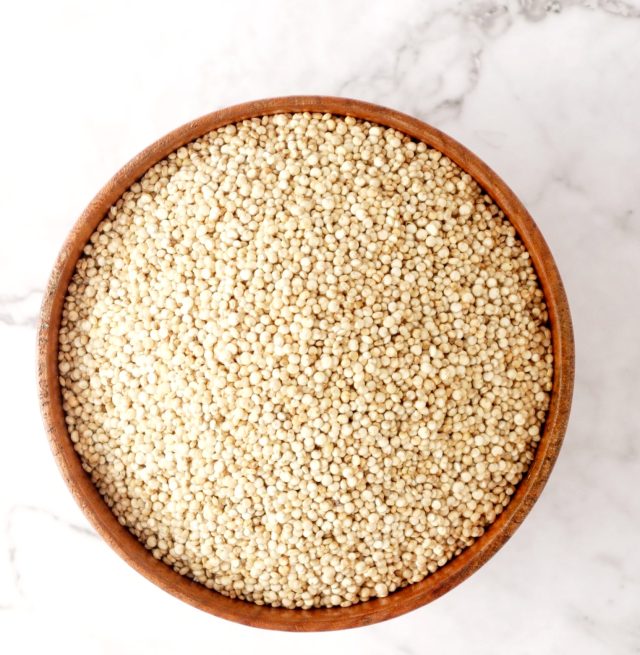Quinoa Seeds

Quinoa seeds are unique among grains in that they contain all nine essential amino acids, making them a complete protein source.
Quinoa Seeds: A Nutritional Powerhouse
Quinoa (Chenopodium quinoa) is often referred to as a “superfood,” and for good reason. This ancient grain, native to the Andean region of South America, has been cultivated for thousands of years and was a staple food for the Inca civilization. In recent years, quinoa has gained immense popularity worldwide due to its impressive nutritional profile and numerous health benefits.
Nutritional Profile of Quinoa
Quinoa seeds are unique among grains in that they contain all nine essential amino acids, making them a complete protein source. This is particularly beneficial for vegetarians and vegans who may struggle to obtain adequate protein in their diets. Additionally, quinoa is rich in dietary fiber, vitamins, and minerals, including: You may also like
Protein: Approximately 8 grams per cooked cup.
Fiber: About 5 grams per cooked cup, which aids in digestion and helps maintain a healthy weight.
Magnesium: Essential for muscle function, nerve function, and energy production.
Iron: Vital for the formation of red blood cells.
B-vitamins: Important for energy metabolism and brain function.
Antioxidants: Quinoa contains flavonoids like quercetin and kaempferol, which have anti-inflammatory properties.
Health Benefits of Quinoa
1. Supports Heart Health: Quinoa is high in fiber and healthy fats, which can help reduce cholesterol levels and promote heart health. The presence of magnesium also contributes to cardiovascular function.
2. Aids in Weight Management: The high protein and fiber content in quinoa can promote feelings of fullness, reducing overall calorie intake and supporting weight loss efforts.
3. Improves Digestive Health: The fiber in quinoa aids in digestion by promoting healthy bowel movements and preventing constipation. It also supports a healthy gut microbiome.
4. Regulates Blood Sugar Levels: Quinoa has a low glycemic index, meaning it can help regulate blood sugar levels. This makes it a suitable option for individuals with diabetes or those looking to maintain stable energy levels.
5. Boosts Bone Health: Quinoa is a good source of magnesium, phosphorus, and manganese, all of which are essential for maintaining healthy bones. join our tech community and be part or the digital revolution!
6. Supports Immune Function: The antioxidants in quinoa boost the immune system, helping the body combat oxidative stress and inflammation.
7. Gluten-Free Option: As a naturally gluten-free grain, quinoa is an excellent choice for people with celiac disease or gluten sensitivity.
How to Incorporate Quinoa into Your Diet
Quinoa is incredibly versatile and can be easily added to various dishes. Here are some ideas:
Salads: Use cooked quinoa as a base for salads, adding vegetables, beans, and a light dressing.
Soups and Stews: Add quinoa to soups and stews for added texture and nutrition.
Breakfast: Cook quinoa with milk or a milk alternative, sweeten it with honey or maple syrup, and top with fruits and nuts for a healthy breakfast.
Side Dish: Serve quinoa as a side dish instead of rice or pasta, flavored with herbs and spices.
Quinoa seeds are not only a nutritional powerhouse but also a delicious addition to a balanced diet. With its numerous health benefits and versatility in cooking, quinoa is a fantastic choice for anyone looking to enhance their overall health and well-being. Whether you are a seasoned chef or a beginner in the kitchen, incorporating quinoa into your meals can be an easy and rewarding way to nourish your body. Travel back in time and experience history like never before!